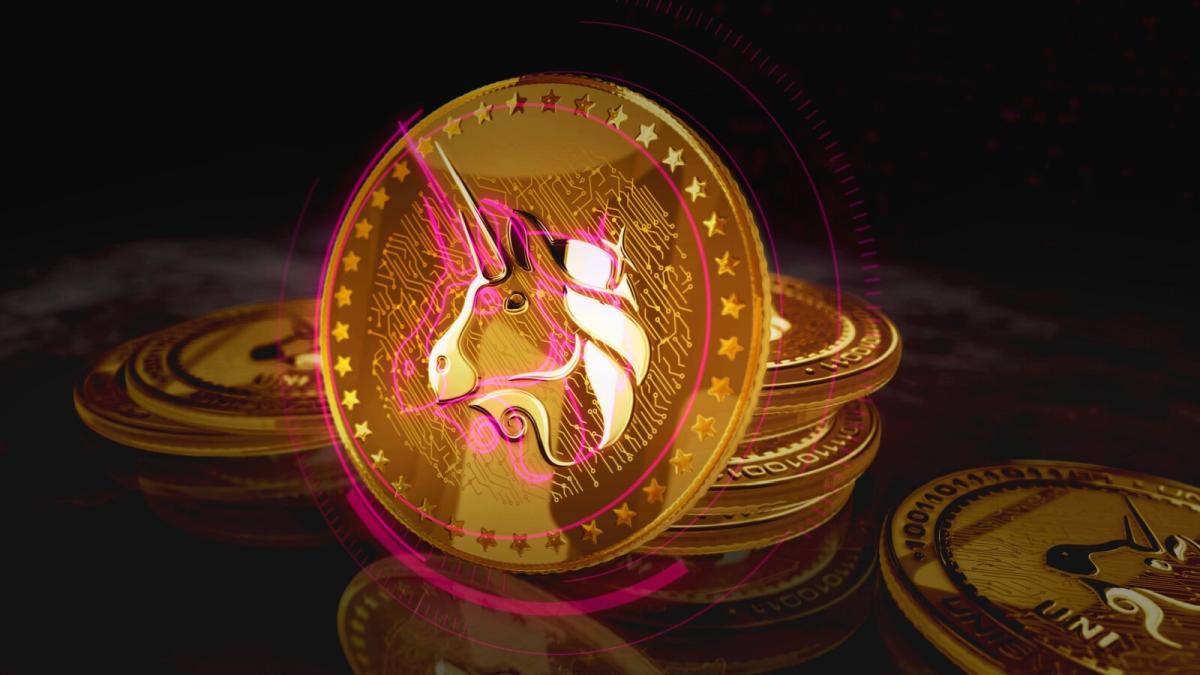Shortly after PayPal announced its new ERC-20 stablecoin PayPal USD, several fake PYUSD tokens emerged on the decentralized exchange Uniswap seeking to exploit the hype. A PayPal spokesperson verified the legitimate PayPal USD contract address on Etherscan, showing the official token was created on November 8, 2022.
The imitation PYUSD tokens on Uniswap demonstrate crypto’s 24/7 nature and opportunists looking to profit from the buzz of PayPal’s stablecoin launch. However, PayPal has confirmed the authentic PYUSD contract address, enabling investors to identify the real token amidst fakes trying to capitalize on the news. This illustrates the need for caution against counterfeit crypto when major announcements occur.
The counterfeit PYUSD tokens are traded on Uniswap in pairs such as PYUSD/WETH and PYUSD/WBNB, where WETH and WBNB are tokenized derivatives pegged to Ethereum and Binance Smart Chain prices respectively.
The ERC-20 standard enables the easy creation of tokens on Ethereum. While not universal, many Uniswap tokens like PayPal USD follow the ERC-20 framework, which con artists abuse to quickly generate fake coins and mislead traders.
A decentralized exchange (DEX) facilitates cryptocurrency trading directly between individuals using smart contracts, without an intermediary taking custody of funds.
Uniswap is a DEX whose daily trading volume exceeded $1 billion in May, surpassing centralized exchange oinbase">Coinbase thanks to the hype surrounding Pepecoin. This demonstrates the rising popularity of DEXs for peer-to-peer crypto trading.
PayPal stated PYUSD would only be available on PayPal initially, with no plans specified yet for listing on external exchanges like oinbase">Coinbase or Binance. However, PayPal indicated the stablecoin could be sent to compatible wallets and potentially adopted by exchanges in the future.
Still, PayPal has not authorized current PYUSD tokens on Uniswap, making them unlikely to be legitimate despite the possibility PYUSD could emerge on decentralized exchanges eventually without PayPal’s approval.
Scammers quickly creating meme coins to capitalize on hype around recent news events is common. For example, the discovery of LK-99 led to meme coins like LK-99 Protocol surfacing shortly after. Investors should be cautious as most mimic tokens try to profit on buzz rather than providing real value.
#Paypal #Stablecoin #PYUSD #Ethereum




